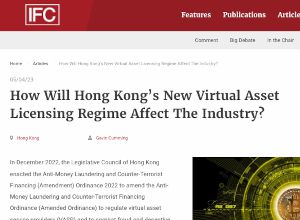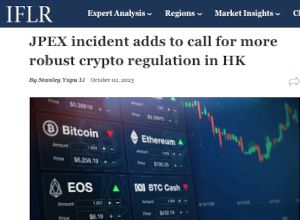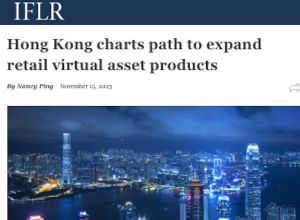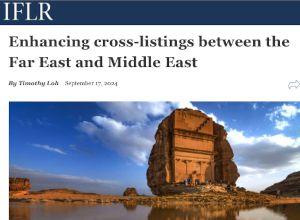Economic Relationship between
the United States and Hong Kong
The Office of the United States Trade Representative (USTR) estimates that in 2022, total trade between the US and Hong Kong reached about US$56.2 billion, including US$38.9 billion in exports from the US to Hong Kong and US$17.3 billion in imports from Hong Kong to the US. The US trade surplus with Hong Kong was US$21.6 billion.
The USTR further estimates that in 2022, US foreign direct investment into Hong Kong was US$89.4 billion and Hong Kong foreign direct investment into the US was US$14.2 billion. The majority of US foreign direct investment into Hong Kong was led by non-bank holding companies, finance and insurance and wholesale trade.
Some of the key reasons American companies have chosen to do business with and in Hong Kong include:
- The absence of capital controls
- Currency stability (the Hong Kong Dollar is pegged to the United States Dollar)
- A friendly territorially based tax regime with low rates of taxation
- Limited regulation with the consequent ease of doing business
- Access to capital given Hong Kong’s status as a global financial centre
- Strong connectivity to mainland China and the rest of the Asia Pacific region
comparison of
Legal Systems
Hong Kong is a Special Administrative Region of the People’s Republic of China (PRC). Under its constitution, the Basic Law, Hong Kong continues the common law tradition in place prior to the transfer of sovereignty from the United Kingdom to the PRC on July 1, 1997.
Unlike the US, Hong Kong has no division of powers akin to those between the US federal government and the states.
Judicial System
Like the US, the Hong Kong courts are divided into trial courts and appellate courts. The Court of First Instance is a trial court of unlimited jurisdiction. Appeals from the Court of First Instance go to the Court of Appeal. The highest appeal court is the Court of Final Appeal. It is functionally equivalent to the US Supreme Court.
In Hong Kong, the District Court is a trial court whose civil jurisdiction is limited to disputes the value of which does not exceed HK$3 million (approx. US$380,000).
The Hong Kong judicial system is separate from that in the mainland of the PRC.
Legal Profession
Unlike US attorneys, lawyers in Hong Kong are either solicitors or barristers. Solicitors work directly with clients in all legal matters. Barristers have the right of audience (i.e. the right to speak) in open court hearings of the High Court and work exclusively with solicitors.
Timothy Loh LLP is a firm of solicitors.
Legal Relations between
Hong Kong & the United States
Taxation Treaties between the US and Hong Kong
Despite the volume of trade and foreign direct investment between the US and Hong Kong, there are no tax treaties between the US and Hong Kong in respect of double taxation. There is however, a tax information exchange agreement between the US and Hong Kong and both Hong Kong and the US are signatories to the OECD Multilateral Convention on Mutual Administrative Assistance in Tax Matters.
Hong Kong's income tax regime is a territorial tax system and profits earned by Hong Kong taxpayers in the US may fall outside the charging provisions for profits tax. If you would like more information on this subject, please see our articles on Agency Arrangements in the Hong Kong Territorial Tax System and Source of Profits – Updates to the Foreign Sourced Income Exemption Regime in Hong Kong.
Enforcement of US Judgments in Hong Kong
Judgments issued by the US courts are enforceable in Hong Kong under the common law. If you would like read more please see Foreign Judgments (Reciprocal Enforcement) Ordinance.
Co-Operation between the US and Hong Kong in Financial Regulation
Regulators across all sectors of the financial services industry in Hong Kong have entered into Memoranda of Understanding (“MoU”) with US counterparts. These MoU include:
Securities and Futures Commission (“SFC”) in Hong Kong with the Office of the Comptroller of the Currency
SFC with the US Commodity Futures Trading Commission (“CFTC”)
SFC with the Financial Industry Regulatory Authority (“FINRA”)
SFC with the Securities and Exchange Commission (“SEC”)
Hong Kong Monetary Authority (“HKMA”) with the New York State Department of Financial Services
HKMA with The Board of Governors of the Federal Reserve System
HKMA with the Office of the Comptroller of Currency
HKMA with the Federal Deposit Insurance Corporation
Hong Kong Insurance Authority with the National Association of Insurance Commissioners








